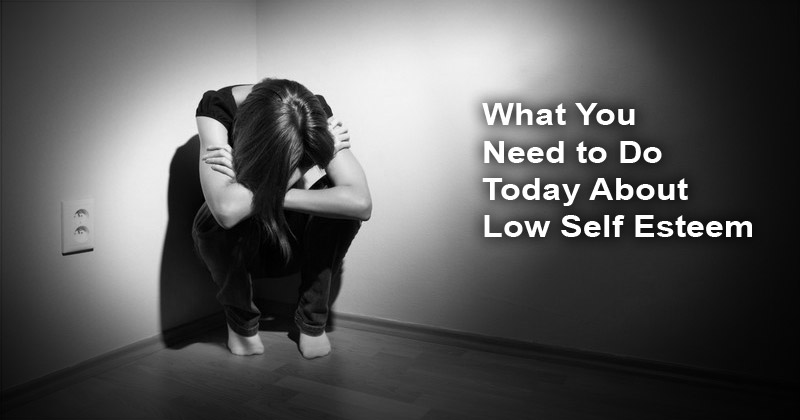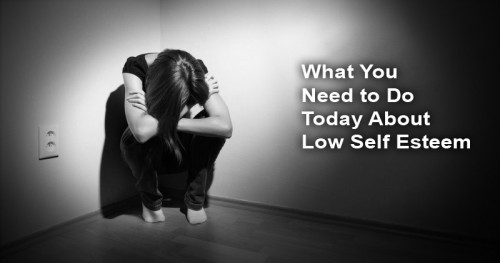High vs Low Self Esteem
Self-esteem refers to your overall opinion of yourself – the way you feel about your abilities and shortcomings. It affects nearly every part of our lives from, our relationships, work, job, health, to trust in others. Some of the factors that influence your self-esteem include your personal thoughts and perceptions, relationships, experiences, culture, religion, status in the society, as well as illnesses and disabilities. Your self-esteem is likely to be high or low based on how you feel about yourself at a given time.
This post contains Amazon affiliate links, meaning I may earn a small commission if you purchase through my links, at no extra cost to you. Note: We aim to provide accurate product links, but some may occasionally expire or become unavailable. If this happens, please search directly on Amazon for the product or a suitable alternative.
High Self-Esteem
When you have high self-esteem, you’ll feel worthwhile and secure, and generally have positive relationships with other people. You’ll also feel more confident about your abilities, take good care of yourself, have realistic expectations and be open to learn from others. In other words, positive self esteem gives you the flexibility and strength to take charge of your life, and grow by learning from your mistakes without the fear of being rejected.
Perhaps you’ve come across people whose self-esteem seems excessive. I am talking about those who are boastful, overconfident and feel superior to everyone around them. This is usually a sign of insecurity and low self-esteem, and not too much of it.
Note that when you have a healthy self-esteem that is grounded in reality, you’ll have an accurate and balanced view of yourself i.e. you’ll be aware of your personal strengths, but also recognize your flaws.
Low Self-Esteem
Low self-esteem is the incapacitating condition that keeps you from realizing your full potential. It makes you feel incompetent, unworthy, unloved and incapable. More signs of low self-esteem include, negative view of life, difficulty accepting positive feedback, fear of failure, fear of being ridiculed, fear of taking risks, mistrust, as well as dependence on others to make decisions.
Clearly, it’s better to have a healthy high self-esteem, than a low one.
Letting go of your deep-seated feelings will take hard work, time and even professional counseling. However, there are simple things you can do to help you develop a more positive and accurate view of yourself. They include:









